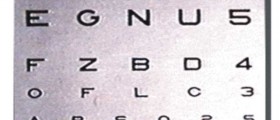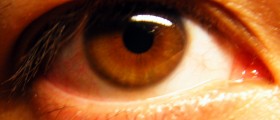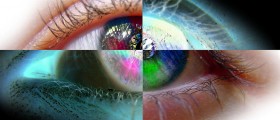
If one suffers from a reduction in the ability to see, this is known as vision loss. This definition includes blurred vision, cloudy vision, double vision, lack of night vision, blind spots, and tunnel vision. Loss of vision can occur in either, or both eyes. Changes can be a result of problems with the eyes themselves, or by conditions that affect the brain or body. The cornea is the 'window'at the front of the eye, the iris controls the entry of light rays into the eyes, while the retina is the light sensitive layer on the inner surface of the eye. If trauma, inflammation, or infection occur, then this can result in a reduction of vision.
The eye and vision
The optic nerve exists in order to collect information that is provided by the retina. This information is then submitted to the brain for interpretation. If damage occurs to this nerve, then decreased blood supply can eventually lead to loss of vision. Common causes of loss of vision include eye trauma, cataracts, increased eye pressure, retinal damage as a result of diabetes, age related macular degeneration, retinal detachment, optic neuritis, and stroke. There are several types of medication that can lead to a loss of vision.
When one loses vision, it is possible that the loss might be permanent. Vision loss might also be an indication of the presence of an underlying medical condition. If loss of vision occurs, then one should seek medical attention as soon as possible. This is also true in the case of the occurrence of trauma, redness, double vision, or partial blindness. If loss of vision is accompanied by a severe headache, weakness or numbness in the body, dizziness, altered consciousness, speech difficulties, or loss of sensation.
Other potential symptoms that might indicate problems with the eye include dilated pupils, ocular discharge, eye pain, photosensitivity, itchiness in the eyes, bloodshot eyes, or whitening of the pupils. As for the rest of the body, one might experience fatigue, thirst, polyuria, headache,impaired balance or coordination, muscle spasms, numbness, tingling, nausea, vomiting, tremor, unexplained weight loss, or weakness.
In rare cases, vision loss may be an indicator of a potentially life threatening condtion. If one suffers from garbled speech, high fever, consciousness or alertness changes, loss of bladder control, seizures, severe headache, confusion, delirium, hallucinations, and delusions in addition to eye problems, then this should be treated as a medical emergency.

















Your thoughts on this
Loading...